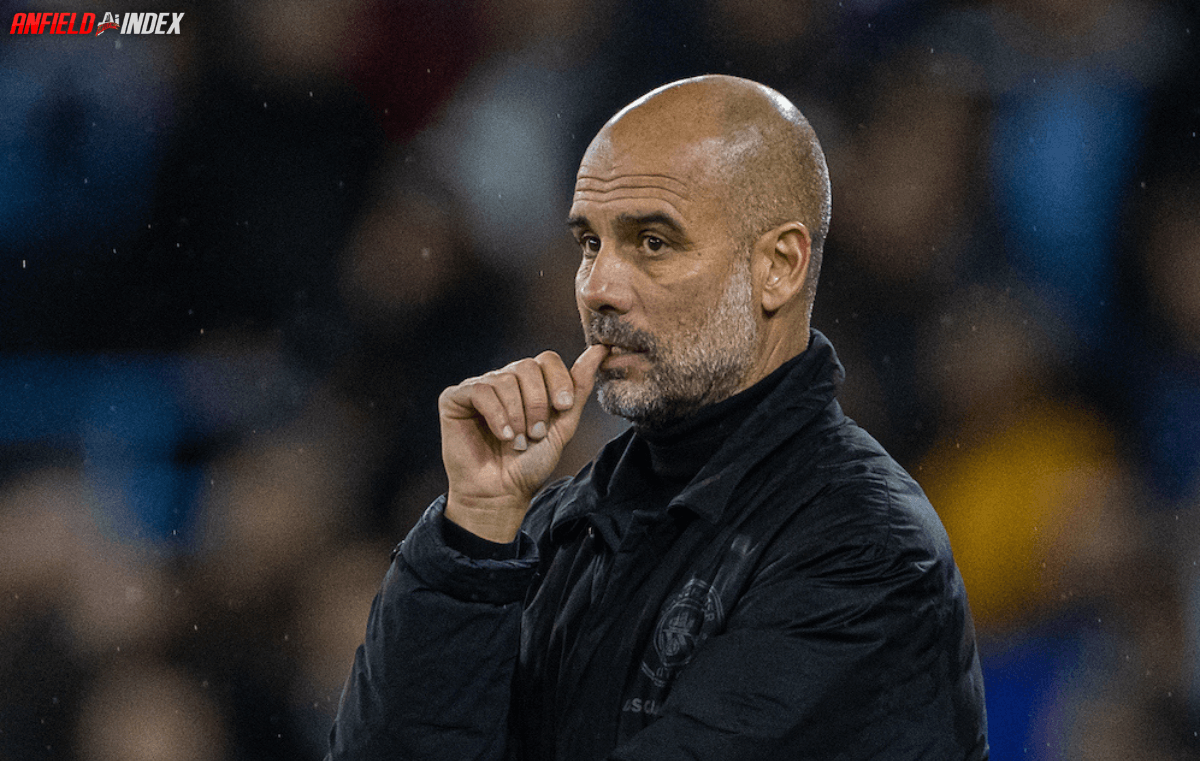Fierce Rivalry
In the realm of English football, few rivalries have captivated the imagination quite like the modern-day clash between Manchester City and Liverpool. Simon Hughes and Mark Critchley, in their insightful piece for The Athletic, delve into the multifaceted nature of this rivalry, revealing a tapestry rich with competitive spirit, mutual respect, and underlying tensions.
Rivalry Redefined: Beyond the Traditional Hostilities
Unlike the fierce duopolies of the past, the City-Liverpool era stands out for the camaraderie shared among players. Kevin De Bruyne and Virgil van Dijk, living near each other, have formed a close bond, transcending club allegiances. This friendship extends to their families, illustrating a human side often overshadowed by on-field rivalry. Hughes adds:
“Nathan Ake is also close to Van Dijk through the Netherlands national setup, and the pair were pictured with De Bruyne on holiday during the summer. Jack Grealish of City and Liverpool’s Andy Robertson have spent time in Las Vegas together in the past too, albeit largely because they have mutual friends.
Two relatively new additions, Dominik Szoboszlai and Erling Haaland, have been close since their time together at Austrian club Red Bull Salzburg, while Julian Alvarez and Alexis Mac Allister share a bond through winning the World Cup together with Argentina last December.”
Managerial Mutual Admiration: Klopp and Guardiola’s Respectful Duel
Jürgen Klopp and Pep Guardiola, the masterminds behind their teams’ successes, share a relationship marked by mutual admiration and respect. Klopp’s acknowledgment of Guardiola as the world’s best manager, and Guardiola’s recognition of Liverpool as his toughest rivals, highlight a rivalry that’s more about pushing each other to excellence than personal animosity.
The rivalry extends into the boardrooms and staff corridors. Key recruitment figures moving between clubs, and incidents like the alleged hacking of City’s Scout7 recruitment database by Liverpool, underscore the intense competition off the pitch. This boardroom battle, while less visible, is equally fierce, shaping the clubs’ strategies and public perceptions.
Fan Dynamics: A Reflection of Intense Rivalry
The intensity of this rivalry is not lost on the fans, whose passions sometimes spill over into unsavory incidents. The attack on City’s team bus in 2018 and other confrontations reflect the deep-seated emotions tied to this fixture. These incidents, while regrettable, are a testament to the high stakes and deep investment of the supporters. Hughes carries on:
“Of the greatest concern though is the increasing number of unsavoury incidents between the fans themselves.
A minute’s silence for Hillsborough victims was disturbed by some City supporters before the 2022 FA Cup semi-final against Liverpool at Wembley and last season’s Premier League meeting at Anfield was marred by Hillsborough-related chants and graffiti daubed inside the away fans’ section.
City publicly apologised for the Wembley chanting and privately apologised in an email to the Hillsborough Survivors Support Alliance for those at Anfield, pledging to contact all season-ticket holders and members to “reiterate that this kind of hateful chanting has no place in the game”.
Conclusion: A Rivalry That Transcends the Game
The Manchester City-Liverpool rivalry, as explored by Hughes and Critchley, is a complex and evolving narrative. It’s a rivalry that goes beyond the traditional boundaries, encompassing respect, friendship, and a shared drive for excellence. It’s a reminder that in football, as in life, relationships and rivalries are not black and white but are instead rich with various shades of respect, competition, and mutual growth.



